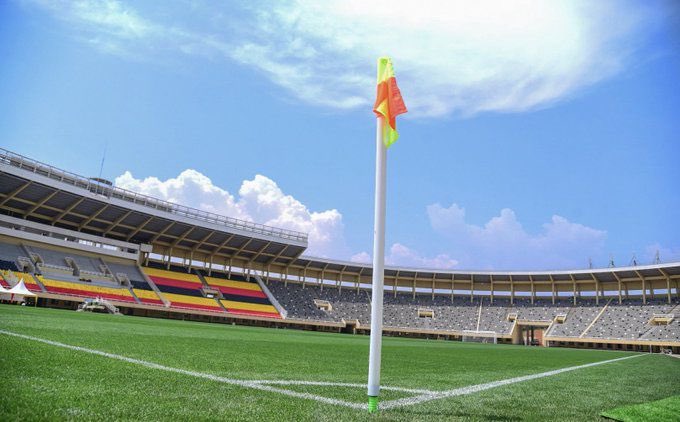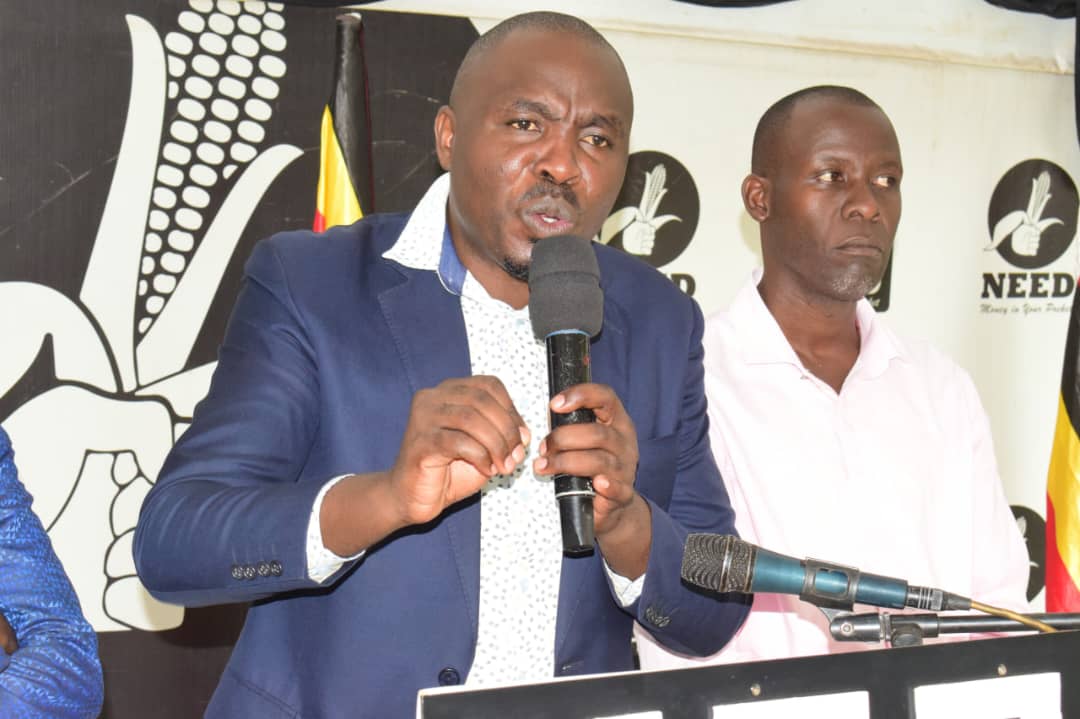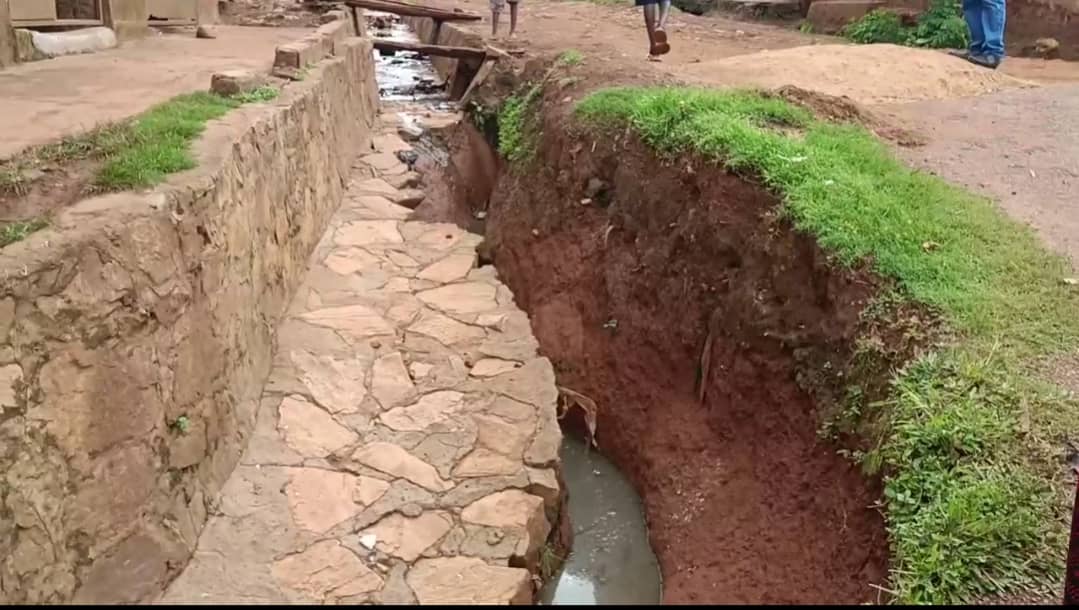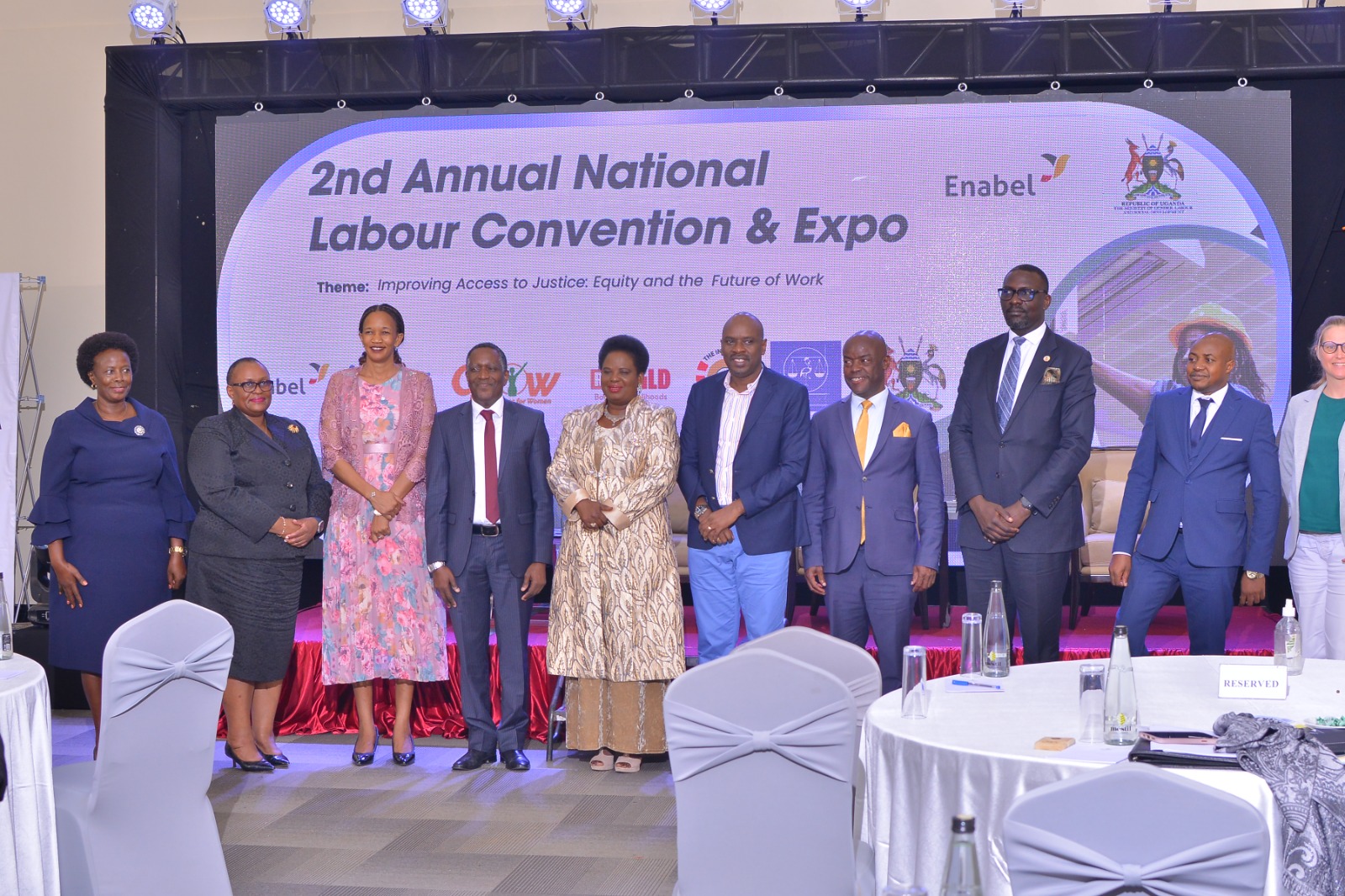How Parliament is constituted
Even after the election of the speaker and deputy speaker of parliament, the 11th parliament is not yet fully composed.
For Parliament to get fully constituted, all the 13 standing Committees and the 16 sectoral Committees are required to get their leadership before Parliament can fulfil its role of legislation.
Keep Reading
Away from the four accountability committees that have already received leadership, lobbying for the remaining committees amongst legislators is underway at Parliament with the majority of legislators reaching out to the acting government chief whip for placements.
Standing Committees of parliament run for a period of two and half years after which another team is appointed to run for the remaining period.
They comprise of about 30 members of which both the chairperson and vice chairperson is selected by the party whips.
The standing committees, whose leadership are yet to be established, include the Business Committee and the Appointments Committee that are both chaired by the Speaker with the Deputy Speaker serving as the vice chairperson.
The other standing committees are: the Committee on Government Assurance and Implementation, the Public Accounts Committee, the Local Government Accounts committee and the Committee on Commissions, Statutory Authorities and State Enterprises (COSASE).
All these four accountability committees are chaired by the opposition and its leadership is selected by the opposition party with the majority of legislators in the House.
The standing committees whose leadership is determined by the ruling party are: the Budget Committee, the Committee on Equal Opportunities, the Committee on Rules, Privileges and Discipline, the Committee on National Economy, the Committee on HIV/AIDS and related matters. Others are the Committee on Human Rights and the Committee on Climate Change.
For sectoral Committees, their composition is determined at the start of each new session whose tenure only last for a period of one year and appointment of members is done by the ruling party.
The party whips have the responsibility of designating their members to such committees. The sectoral Committees are: the committee on Agriculture, Animal Industry and Fisheries, the committee on Defense and Internal Affairs, the committee on East African Community Affairs and the committee on Education and Sports.
The others are the committee on Finance, Planning and Economic Development, the committee on Foreign Affairs, the committee on Gender, Labour and Social Development, the committee on Health, the Committee on Information, Communication Technology and National Guidance, the committee on Legal and Parliamentary Affairs, the Committee on Natural Resources and the Committee on Physical infrastructure.
The independent MPs can apply through the clerk to parliament to serve on the committee of their choice but according to the rules of procedure, the Speaker is the head of the independents in the House.


















